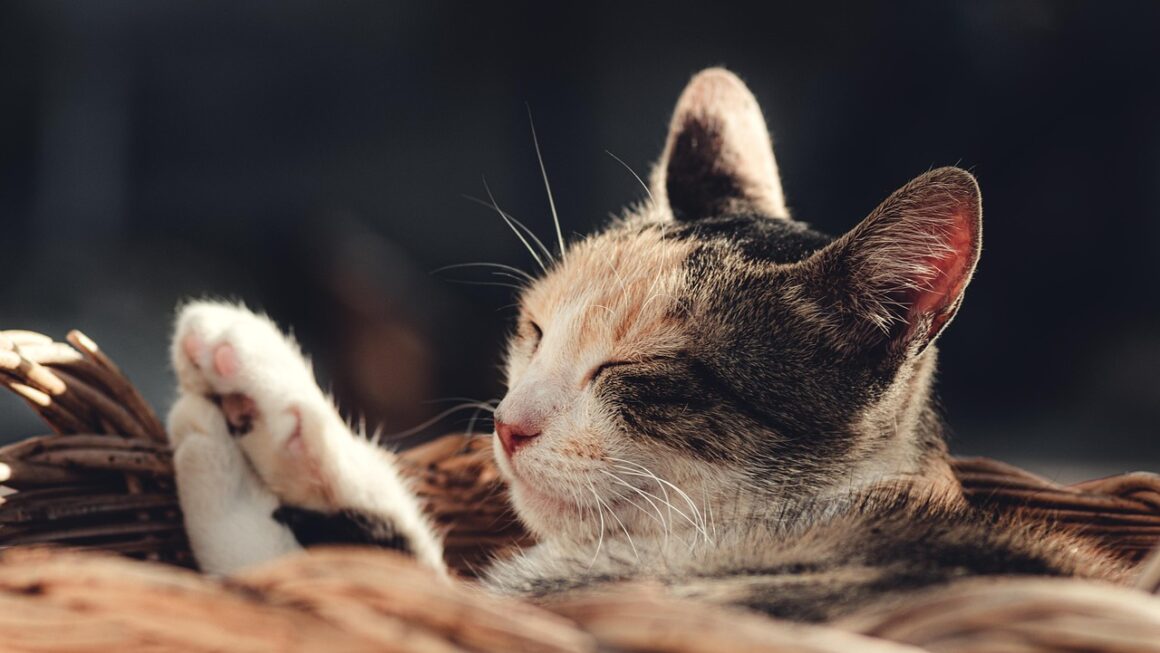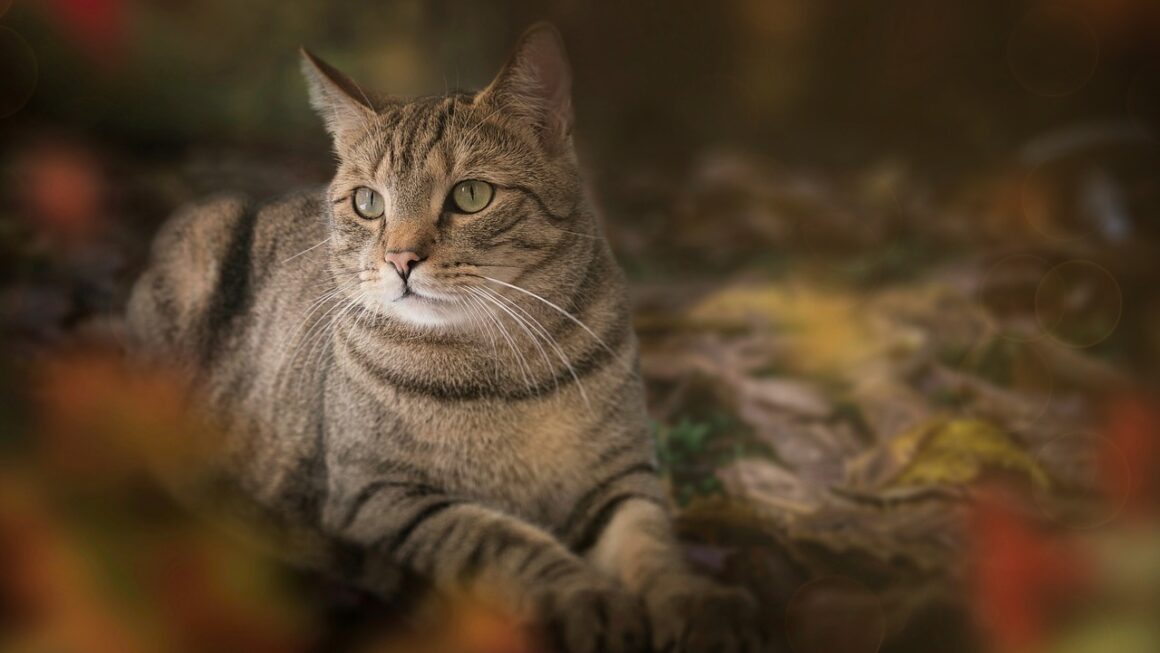Exotic pets, with their unique behaviors and specialized needs, can be incredibly rewarding companions. However, owning one is a significant responsibility, demanding extensive research, commitment, and resources. Before welcoming a reptile, bird, amphibian, or small mammal that isn’t a cat or dog into your home, it’s crucial to understand the specific requirements for their well-being. This guide will provide a comprehensive overview of exotic pet care to help you make an informed decision.
Understanding Exotic Pet Care
Exotic pet care goes beyond providing food and water. It encompasses creating a species-appropriate environment, understanding their natural behaviors, providing specialized veterinary care, and ensuring their long-term well-being. The term “exotic pet” is broad, encompassing a wide range of animals, each with unique needs. Failing to meet these needs can lead to stress, illness, and a shortened lifespan for the animal.
Defining Exotic Pets
- Exotic pets are generally defined as animals that are not traditionally domesticated, such as dogs, cats, and common livestock.
- This category can include reptiles (e.g., snakes, lizards, turtles), amphibians (e.g., frogs, salamanders), birds (e.g., parrots, macaws), small mammals (e.g., ferrets, hedgehogs, sugar gliders), and even invertebrates (e.g., tarantulas, scorpions).
- Legality varies greatly by region; some animals are legal in one area but prohibited in another due to concerns about invasive species or public safety. Always check local and state laws before acquiring an exotic pet.
The Importance of Research
- Thorough research is paramount before acquiring any exotic pet. Each species has unique dietary, environmental, and social needs.
- Reliable sources of information include:
Veterinarians specializing in exotic animal care.
Reputable breeders or rescue organizations.
Species-specific online communities and forums.
Scientific journals and books on animal husbandry.
- Don’t rely solely on pet store employees, as they may not always have the most accurate or up-to-date information.
Ethical Considerations
- Consider the ethical implications of owning an exotic pet. Many are sourced from wild populations, which can contribute to habitat destruction and species decline.
- Support responsible breeding practices and consider adopting from reputable rescues or sanctuaries whenever possible.
- Be prepared to provide a lifetime commitment to the animal, as many exotic pets have long lifespans.
Creating the Right Environment
Providing an appropriate habitat is crucial for the health and well-being of exotic pets. This involves mimicking their natural environment as closely as possible.
Temperature and Humidity Control
- Reptiles, amphibians, and many invertebrates are ectothermic, meaning they rely on external sources of heat to regulate their body temperature.
- Provide a temperature gradient within the enclosure, allowing the animal to choose its preferred temperature. For example, a bearded dragon enclosure should have a basking spot around 100-110°F and a cooler end around 80-85°F.
- Humidity levels are equally important and vary greatly depending on the species. Use a hygrometer to monitor humidity and adjust as needed. A crested gecko, for instance, requires humidity levels between 60-80%.
- Inadequate temperature or humidity can lead to serious health problems, such as respiratory infections or shedding difficulties.
Enclosure Size and Enrichment
- Provide an enclosure that is large enough for the animal to move freely and exhibit natural behaviors. The general rule is bigger is better.
- Enrichment is essential for preventing boredom and promoting mental stimulation. This can include:
Climbing structures for arboreal species like snakes and geckos.
Hiding places to provide a sense of security.
Puzzle feeders to encourage foraging behavior.
Different substrates to provide varying textures and digging opportunities.
- Avoid placing the enclosure in direct sunlight or near drafts, as this can cause fluctuations in temperature and humidity.
Lighting Requirements
- Many reptiles and birds require specialized lighting, including UVB and UVA, to synthesize vitamin D3 and absorb calcium properly.
- UVB bulbs need to be replaced regularly (typically every 6-12 months) as their output diminishes over time, even if they are still emitting visible light.
- Proper lighting is essential for preventing metabolic bone disease, a common and often fatal condition in reptiles.
- Consult with a veterinarian or experienced reptile keeper to determine the appropriate lighting requirements for your specific species.
Nutrition and Diet
Proper nutrition is vital for the health and longevity of exotic pets. Diets vary widely depending on the species, and it’s essential to provide a balanced and appropriate diet.
Species-Specific Dietary Needs
- Reptiles can be herbivores (e.g., tortoises), carnivores (e.g., snakes), or omnivores (e.g., bearded dragons).
- Birds can be seed-eaters, fruit-eaters, nectar-eaters, or insectivores.
- Small mammals like ferrets are obligate carnivores and require a diet high in animal protein.
- Research the specific dietary needs of your pet and provide a varied and balanced diet.
Supplementation
- Many exotic pets require vitamin and mineral supplementation to ensure they are receiving all the nutrients they need.
- Calcium and vitamin D3 supplementation are particularly important for reptiles and birds.
- Dust feeder insects with calcium powder before feeding them to reptiles.
- Follow the recommendations of your veterinarian for appropriate supplementation.
Safe Food Handling
- Wash your hands thoroughly before and after handling food for your exotic pet.
- Store food properly to prevent contamination.
- Offer fresh water daily and clean food and water bowls regularly.
- Avoid feeding spoiled or moldy food.
Veterinary Care
Exotic pets require specialized veterinary care. Finding a veterinarian experienced in treating exotic animals is crucial for preventative care and treating illnesses.
Finding an Exotic Vet
- Not all veterinarians are trained to treat exotic animals. Look for a veterinarian who has experience with your specific species.
- The Association of Reptilian and Amphibian Veterinarians (ARAV) and the Association of Avian Veterinarians (AAV) are excellent resources for finding qualified veterinarians.
- Don’t wait until your pet is sick to find a vet. Establish a relationship with a veterinarian who can provide preventative care and advice.
Preventative Care
- Annual checkups are essential for exotic pets.
- Your veterinarian can perform a physical exam, check for parasites, and provide advice on diet and husbandry.
- Fecal exams are recommended to check for internal parasites.
- Regular weight checks can help identify potential health problems early on.
Recognizing Signs of Illness
- Changes in appetite, activity level, or behavior can be signs of illness.
- Other signs include:
Discharge from the eyes or nose
Difficulty breathing
Abnormal droppings
Lethargy
* Weight loss
- Seek veterinary care immediately if you notice any signs of illness.
Conclusion
Owning an exotic pet can be a rewarding experience, but it requires careful consideration, extensive research, and a significant commitment. By understanding the specific needs of your chosen species and providing appropriate care, you can ensure a healthy and happy life for your exotic companion. Remember that proactive care, a well-designed habitat, a proper diet, and regular veterinary check-ups are all crucial elements in responsible exotic pet ownership. Always prioritize the animal’s well-being and be prepared to provide lifelong care.




